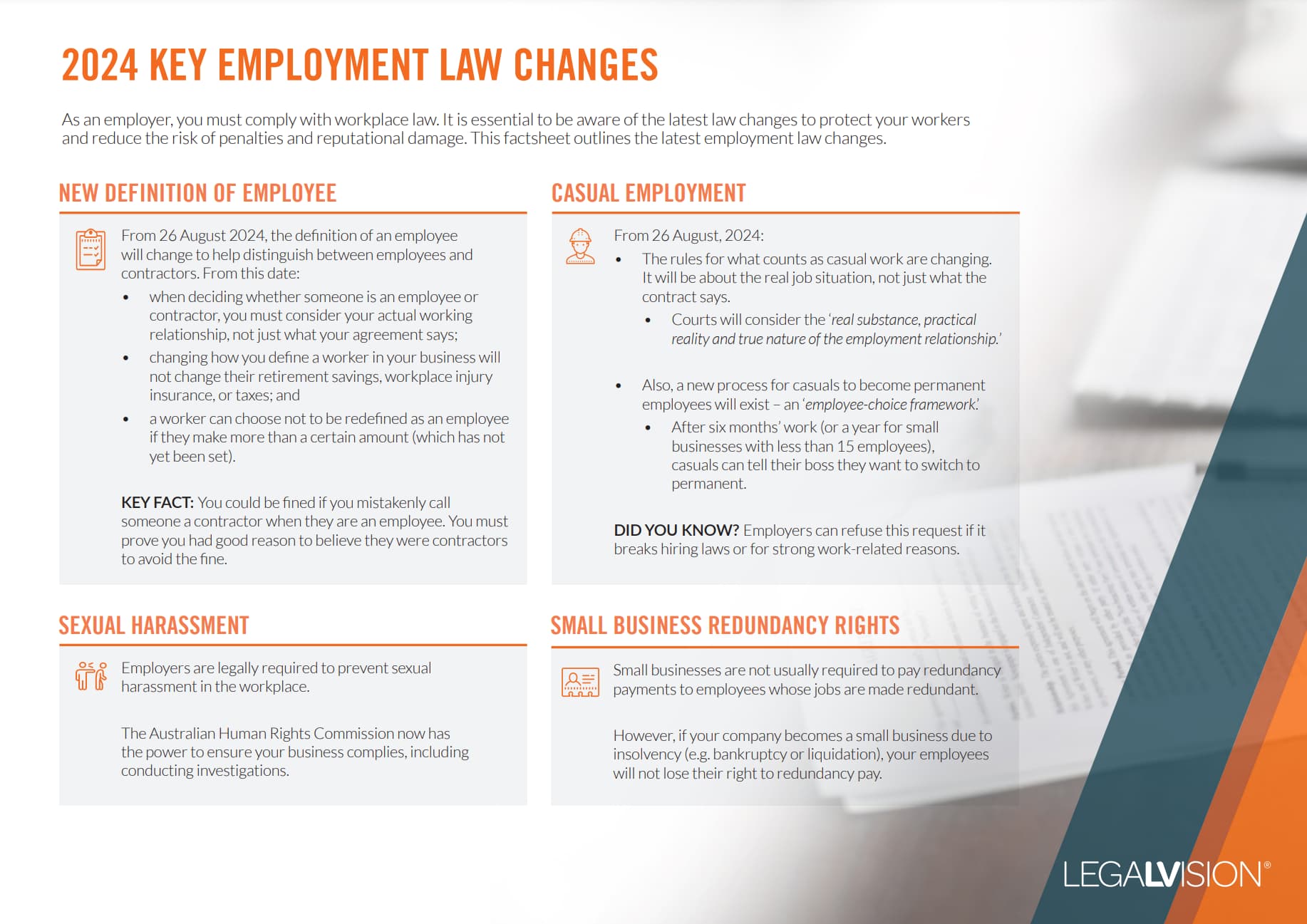When manufacturing in Australia, you have legal responsibilities under environmental law that govern how you produce your goods. Importantly, this includes managing the waste and pollution created during production. Failing to meet your environmental obligations can result in significant liability, so you must understand your responsibilities. This article will take you through four key environmental duties you have as a manufacturer.
1. General Environmental Duty
Businesses are subject to a general environmental duty that requires them to minimise the harm their actions cause to the environment. This also applies to you as a manufacturer. Wherever practicable and reasonable, you must take steps to minimise the environmental damage your manufacturing activities could cause.
Because this duty is very general, it applies to all aspects of your business practices. As a result, you should keep environmental considerations at the forefront of your business’s decision-making. For example, when choosing how to dispose of waste byproducts or remove air contaminants, you should make choices that minimise your risk of damaging the environment. Making such decisions efficiently enhances your ability to comply with the general environmental duty.
To meet your general environmental duty, you can take specific precautionary steps to ensure your decisions are made with environmental protection in mind. Such steps can include:
- adopting an environmental policy and circulating it to all employees;
- imposing general and specific compliance obligations on your suppliers and contractors; or
- manufacturing more environmentally friendly goods.
2. Hazardous Leaks and Spills
A leak or spill will be considered hazardous if it pollutes the environment or damages human health. Depending on what you manufacture, you may deal with volatile chemicals or toxic materials. First, you need to take precautions to prevent dangerous leaks or spills from occurring. Regular maintenance of pipes and equipment can prevent leakages and spills and save you time and money that would be spent on unnecessary cleanups.
When completing regular maintenance, you should make records or keep dated checklists. This ensures that if a government inspection or sudden incident arises, you have records to show that you have met your duty. Where such chemicals or materials leak or spill, you must safely contain any spill or leaks and ensure that hazardous materials are cleaned up. Hazardous spills can halt production and cause severe environmental damage. However, adopting preventative measures can be a simple and cost-effective long-term solution.
Continue reading this article below the form3. Air Contaminants
You are responsible for managing the release of air contaminants produced during manufacturing. Managing these contaminants can be done by:
- using equipment such as a catalytic or regenerative thermal oxidiser; and
- adopting manufacturing processes that do not release as many emissions.
You are also required under employment law to protect your workers from unnecessary exposure to air contaminants during their work. One way to achieve this is by ensuring that air contaminants are released into an outdoor environment safely away from workers or by providing workers with masks and other equipment. While air contaminants can be an unavoidable byproduct of the manufacturing process, managing the contaminants you produce can mean the difference between meeting your environmental obligations or facing significant legal consequences and liability.

As an employer, it is essential to understand what employment laws have changed and their implications for your business — particularly the changes to the Fair Work Act 2009 through the new Closing the Loopholes legislation.
4. Waste Management
Industrial waste created in the course of manufacturing must be disposed of responsibly. This means that you must eliminate waste using the correct methods and by disposing of waste in the proper places. If you have general waste produced during manufacturing, you must dispose of it at a designated location. If you are dealing with more hazardous waste or biological waste, you must do so using the appropriate means, which might involve specialist processes or particular packaging that identifies the type of waste contained.
Key Takeaways
As a manufacturer, you have important legal responsibilities regarding environmental protection. Crucially, there is a general duty to minimise the environmental risk your actions pose. However, some more specific duties you should consider relate to:
- hazardous leaks and spills;
- air contaminants, which may also affect your employees; and
- waste management.
If you need help ensuring environmental compliance, our experienced manufacturing and logistics lawyers can assist as part of our LegalVision membership. For a low monthly fee, you will have unlimited access to lawyers to answer your questions and draft and review your documents. Call us today on 1300 544 755 or visit our membership page.
Frequently Asked Questions
As an employer, a failure to fulfil your environmental regulations may also prompt liability in employment law. This is because you are also legally required to protect employees from risks such as air contaminants in the course of their work.
The general environmental duty outlines your obligation to ensure your manufacturing business minimises potential harm to the environment. To fulfil this responsibility, you can consider creating a strong environmental policy, imposing compliance obligations on hired third parties such as contractors and working towards producing more eco-friendly goods.
We appreciate your feedback – your submission has been successfully received.











